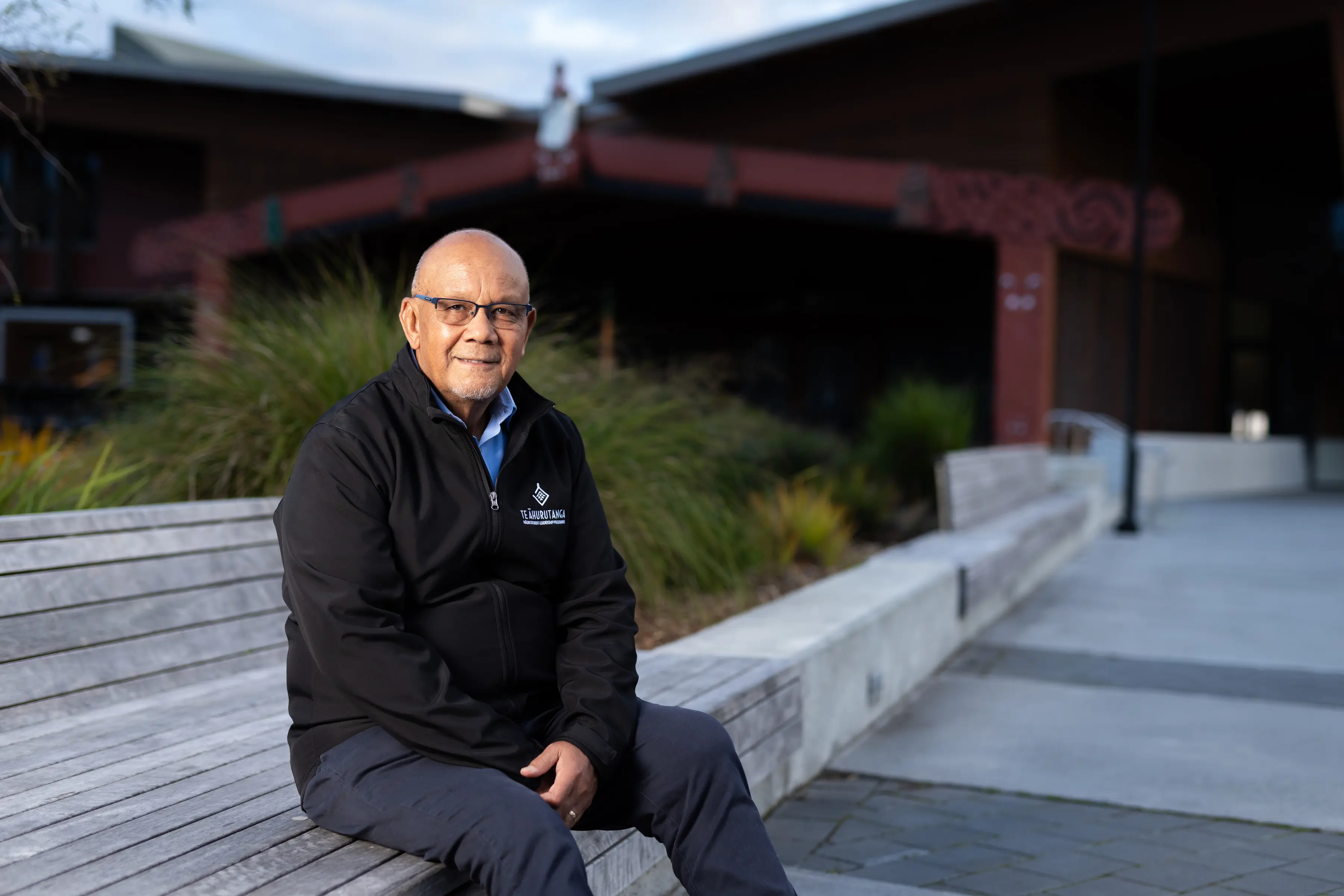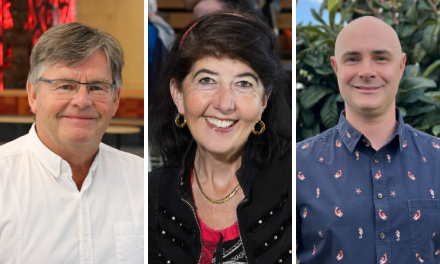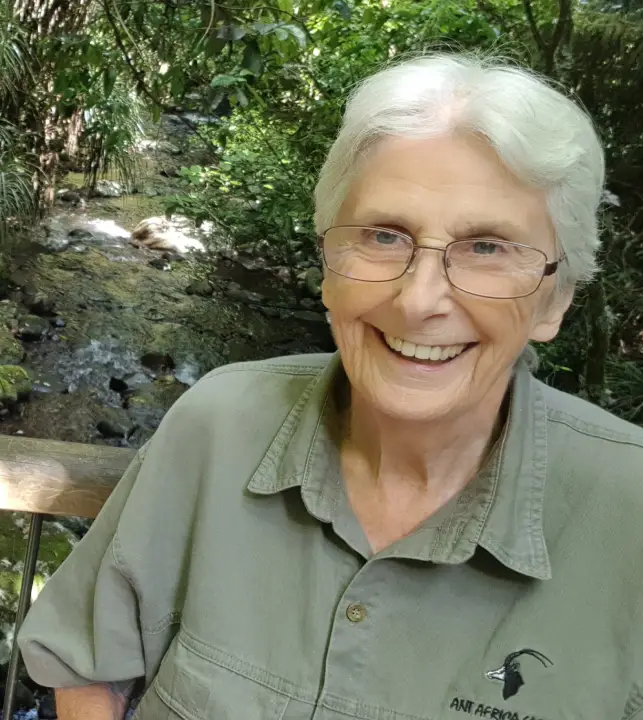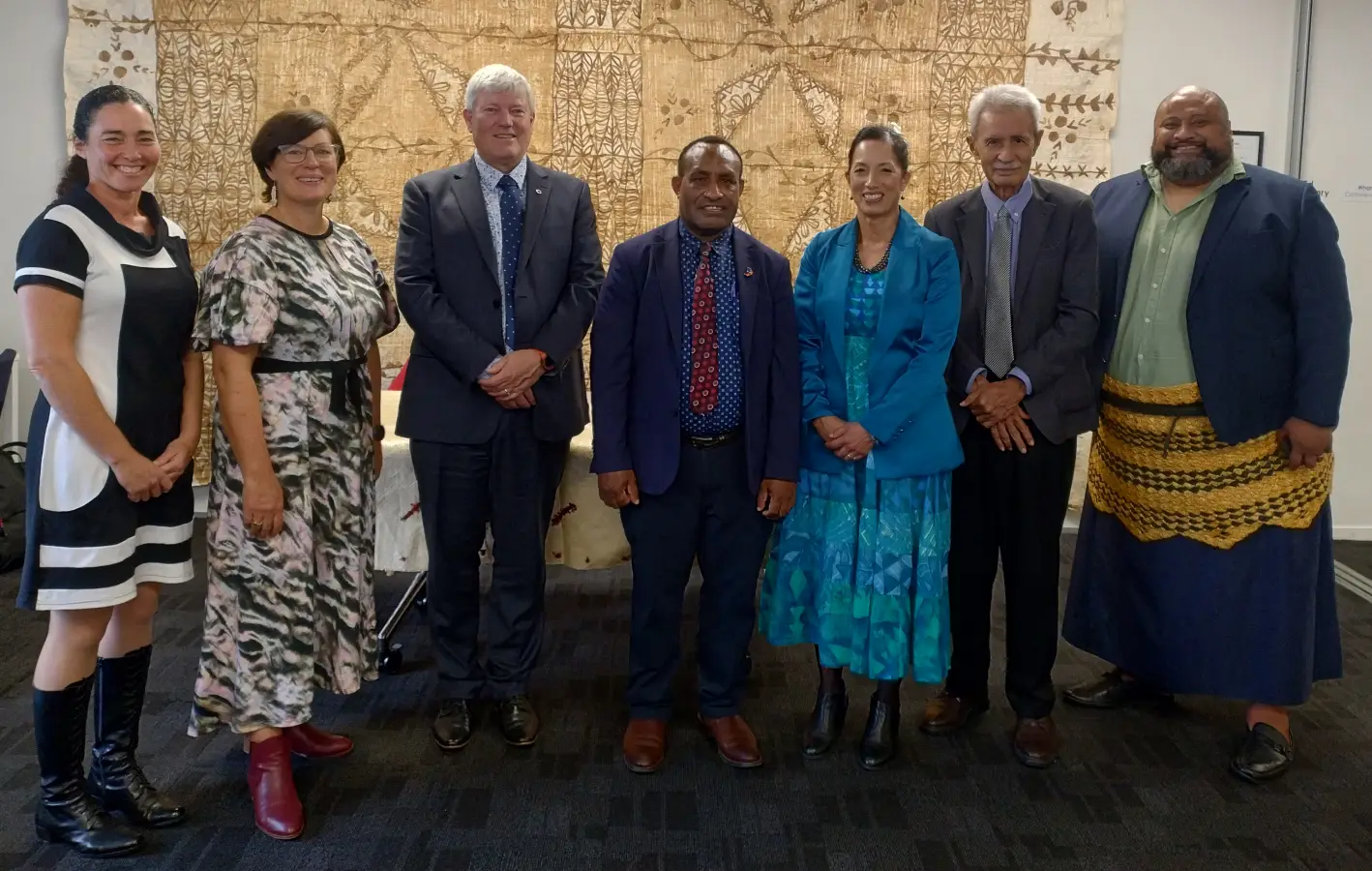The University’s School of Engineering launched its new Civil Engineering Design Studio this week, creating a hands-on learning space for students where they can collaborate and experience a real work environment.
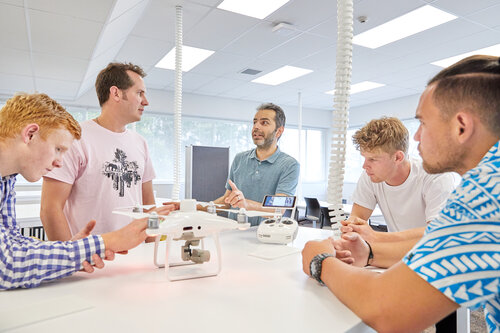 Dean of the School of Engineering, Professor Mark Dyer, says the studio and lab have been created from two disused science labs on the university campus, their refurbishment creating something closer to a Google lab than a traditional engineering school learning space.
Dean of the School of Engineering, Professor Mark Dyer, says the studio and lab have been created from two disused science labs on the university campus, their refurbishment creating something closer to a Google lab than a traditional engineering school learning space.
An open plan layout is divided by glass partitions and multiple break out spaces have been created, complete with stylish furniture.
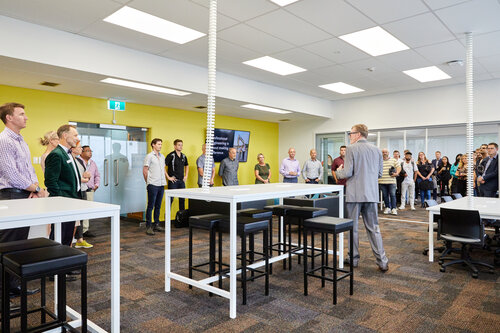
Dean of Engineering Professor Mark Dyer opens the new Civil Engineering Design Studio.
“At Waikato we want our students to engineer beyond straight lines. Engineering isn’t just maths and physics. We want students to use maths and physics to think creatively and be able to collaborate, experiment and prototype. These spaces will help to provide for that,” says Professor Dyer.
The Design Studio is complemented by a Light Structures Lab where students can test scale models of different types of structures, bridges and buildings. The school has also added a Digital Construction Lab where students can use digital tools, including augmented reality, to visualise designs and projects.
Professor Dyer has a strong background in industry and has worked on construction projects across Europe, the USA, Asia and Africa. He was previously Chair of Civil Engineering at Strathclyde University in Glasgow and, before coming to Waikato, was McNamara Chair of Construction Innovation at Trinity College Dublin. His research interests include the relationship between people, places and infrastructure and how engineering and design can improve people’s livelihoods and the liveability of their communities.
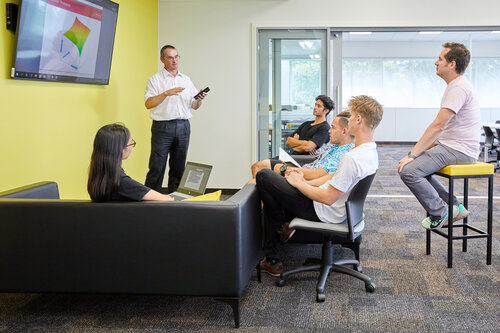 “Historically universities have often been the place you come to assess information and learning but now the internet is bringing information to people at home. So universities need to rethink what added value they provide to students. At the Waikato School of Engineering, we’re focused on experiential learning using real-life scenarios and developing critical skills of creativity and collaboration to solve problems that matter to people.”
“Historically universities have often been the place you come to assess information and learning but now the internet is bringing information to people at home. So universities need to rethink what added value they provide to students. At the Waikato School of Engineering, we’re focused on experiential learning using real-life scenarios and developing critical skills of creativity and collaboration to solve problems that matter to people.”
Professor Dyer says the next phase of the project is creating a Learning Foundry for the school by reinvigorating a large-scale lab. The University is investing $8 million to turn the lab into a collaborative space where the school can work with industry and the community on big projects.
“We have fabulous industry connections here in the Waikato region and there is so much opportunity for our students to get involved in real world projects that will advance not only their learning but their careers.”
